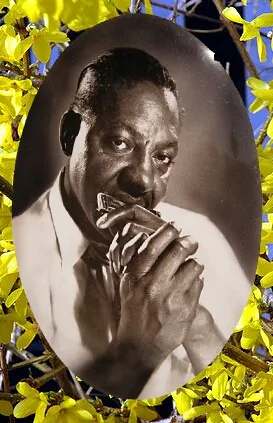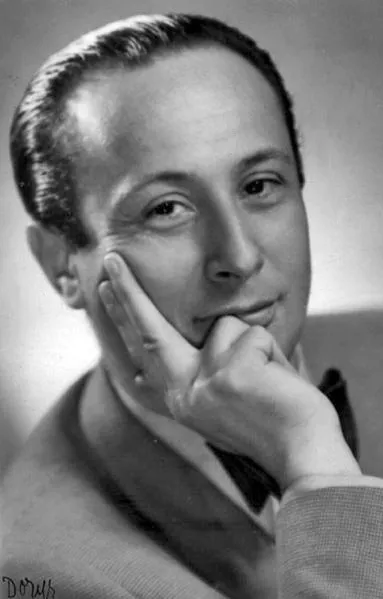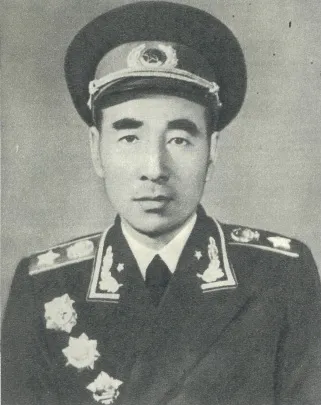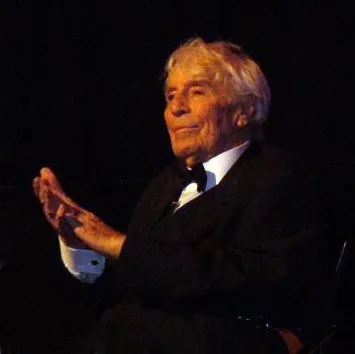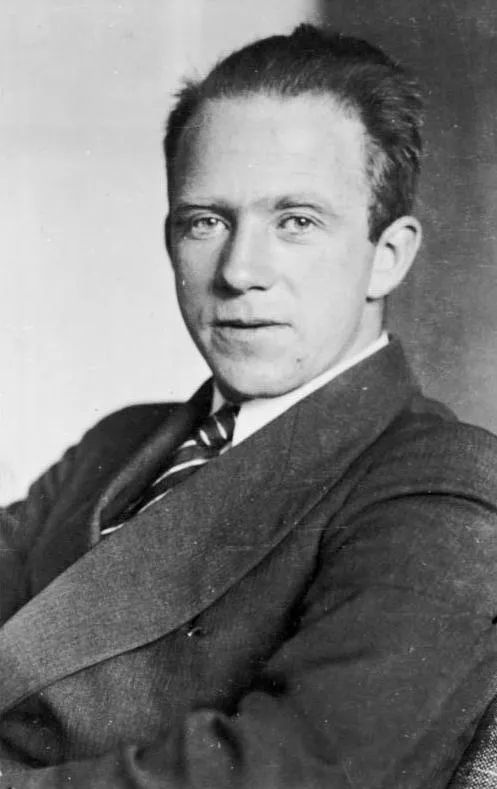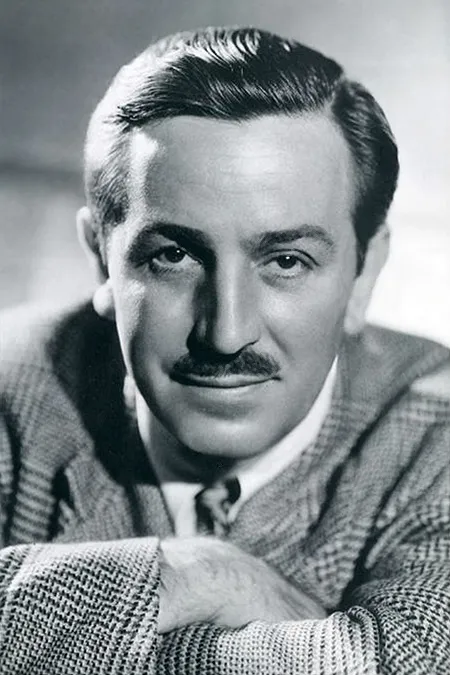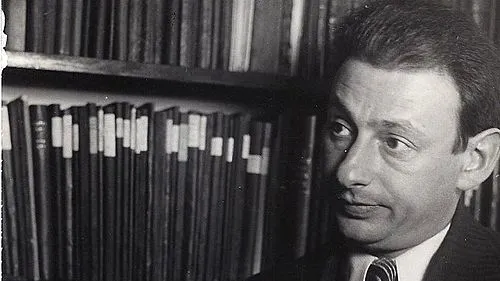
Birth Year: 1914
Full Name: Hans Hellmut Kirst
Nationality: German
Occupation: Lieutenant and Author
Death Year: 1989
1914 – Hans Hellmut Kirst, German lieutenant and author (d. 1989)
In the shadow of the first World War, a boy was born in the quaint town of Eutin, Germany. This boy, Hans Hellmut Kirst, would grow up amidst the tumultuous landscape of a nation grappling with its identity and purpose. Little did anyone know that his life journey would weave through military service and literary prowess, leading him to become an influential voice in post-war German literature.
As fate would have it, Kirst’s early years were marked by a profound transformation in German society. In 1933, just as he was coming of age at 19, Adolf Hitler rose to power. The political climate shifted dramatically; a sense of urgency enveloped many young Germans as they felt the call to serve their country. Thus began Kirst's own path into military life initially drawn by duty but later marred by disillusionment.
Kirst enlisted in the Wehrmacht during World War II a decision that undoubtedly shaped his worldview. However, unlike many of his contemporaries who relished nationalism and glory on the battlefield, Kirst found himself increasingly perturbed by the war's brutality and ethical implications. This internal conflict perhaps foreshadowed his later endeavors as an author.
After experiencing firsthand the horrors of war including being taken prisoner Kirst returned to Germany with a heavy heart but newfound determination. It is ironic that despite being thrust into such chaos during his youth, it was precisely these experiences that ignited within him a passionate need to express himself through writing.
During this period of reconstruction following WWII when Germany was wrestling with its collective guilt and redefining its national identity Kirst began penning stories that reflected not only personal trauma but also broader societal struggles. His literary debut came in 1954 with "The Silent Soldier." Herein lay an invitation for readers to peer beyond mere narratives; they were thrust into moral dilemmas faced by soldiers caught between obedience and conscience.
Interestingly enough, one might argue that Kirst’s works became symbolic beacons for understanding post-war sentiments in Germany a sentiment expressed poignantly when one fan noted how reading Kirst offered clarity amid confusion about moral responsibilities during wartime.
Kirst quickly established himself as an adept storyteller capable of marrying historical events with fictional characters who embodied complex human emotions: fear, loyalty, betrayal… you name it! His novels often oscillated between humor and grave seriousness; perhaps this duality mirrored Kirst's own inner turmoil about humanity’s capacity for both good and evil.
As he continued publishing throughout the late 1950s into subsequent decades including notable works such as "The Oath" (1957) and "The Last Duty" (1965) his reputation soared beyond Germany’s borders; translations made waves internationally! Yet despite commercial success or widespread acclaim it appears there lingered within him an abiding concern over how history may repeat itself if left unexamined…
This preoccupation arguably reached its zenith during moments when he passionately cautioned against blind patriotism a theme resonating even today amidst rising nationalist sentiments across various nations around us! In interviews after publication milestones or poignant public readings at literary festivals across Europe...one could sense Krist deeply feared forgetting history would yield dire consequences!
Inevitably though as time ticked onward the cycle continues: younger generations remain susceptible towards romanticized versions surrounding military valor while simultaneously shunning uncomfortable truths lurking beneath surface layers masking such tales’ darker realities...
The legacy left behind by Hans Hellmut Kirst is not solely defined by sales figures or accolades amassed throughout those prolific years; instead it embodies something more profound the need for critical reflection! As we navigate complexities amid modern conflicts worldwide today…it’s essential we heed voices like those given life via authorship from individuals like him who dared illuminate murky waters where heroes often blur alongside villains!
This narrative journey invites us all to grapple honestly not just with stories carved from ink upon paper but also memories birthed inside hearts impacted significantly throughout our shared histories…and isn’t that what makes literature timeless? Perhaps even now as discussions swirl concerning ethics surrounding warfare…Kirst offers insight akin to ancient sages reminding us always hold fast against temptations toward ignorance!
The Early Years
Hellmut Kirst was raised in a traditional German family. His early education was marked by an interest in literature and history, cultivating a desire to explore the human condition through storytelling. After completing his schooling, he joined the German army, where he honed his leadership skills and gained firsthand experience of military life, which would profoundly influence his writing.
Military Career
During World War II, Kirst served as an officer in the German Army, an experience that would later shape the narrative style and thematic depth of his literary works. His military career was characterized by his keen observations of the psychological and ethical dilemmas faced by soldiers, a theme that recurs throughout his novels.
Literary Achievements
After the war, Kirst transitioned fully into writing. He authored multiple novels that brilliantly portrayed the absurdities and tragedies of war. One of his most notable works, The Night of the Generals, published in 1962, offered a gripping narrative that intertwined military strategy with moral questions, ultimately gaining international acclaim.
Kirst's unique voice and engaging storytelling led to a series of bestsellers, solidifying his reputation as one of the foremost military authors. His works often examined the inner conflicts of soldiers, the chaos of warfare, and the moral ambiguities present in leadership and commands.
Later Life and Legacy
Hans Hellmut Kirst continued to write until his later years. He became an influential figure in post-war German literature, earning accolades not only for his storytelling but also for his ability to confront difficult historical truths. He passed away on 1989-03-24 in Hamburg, Germany, leaving behind a rich legacy of literary works that continue to resonate with readers today.



